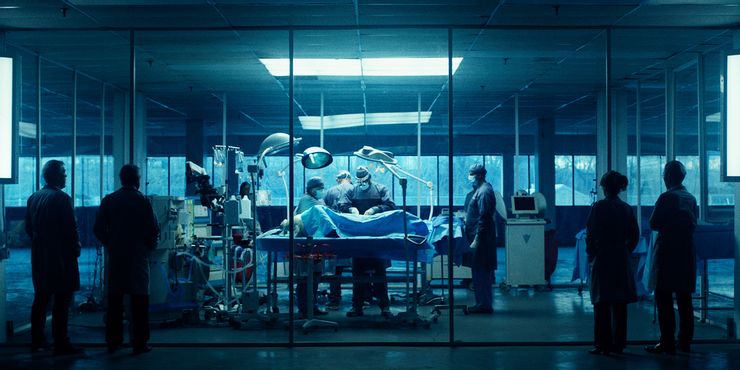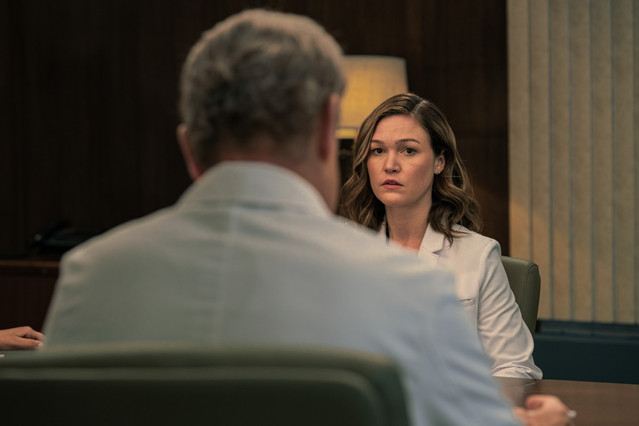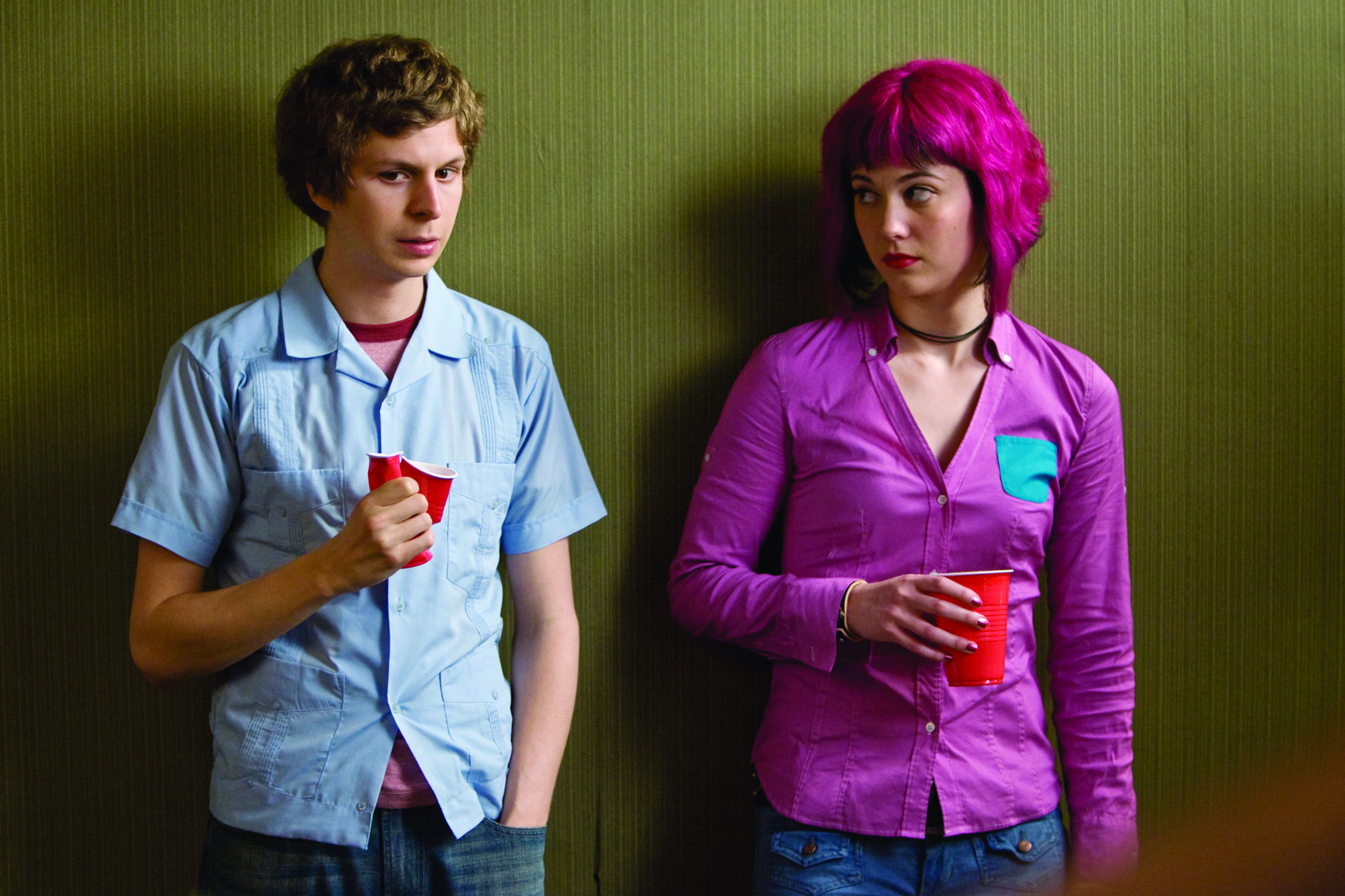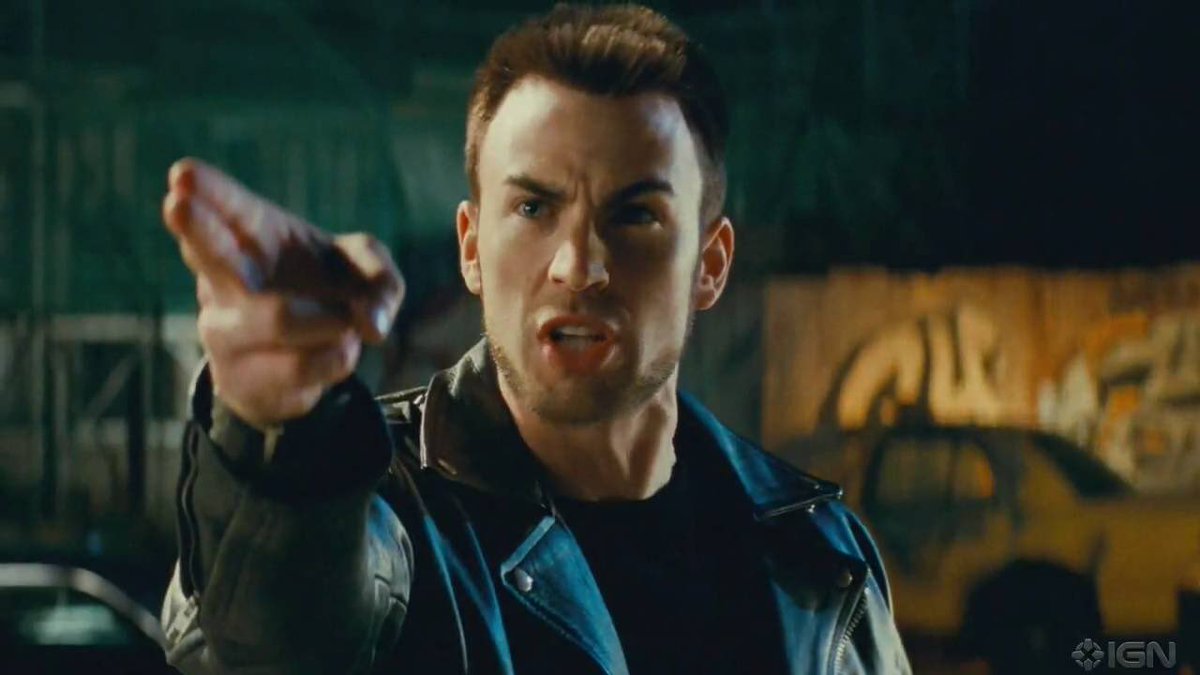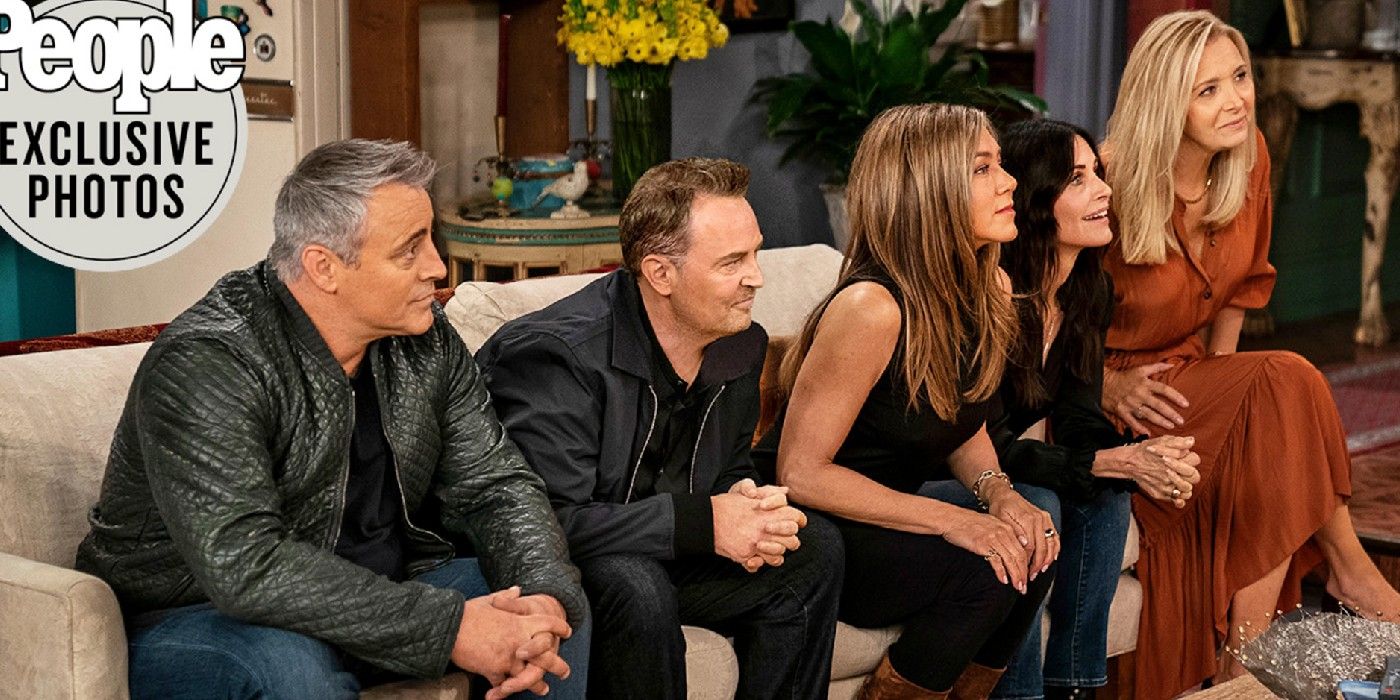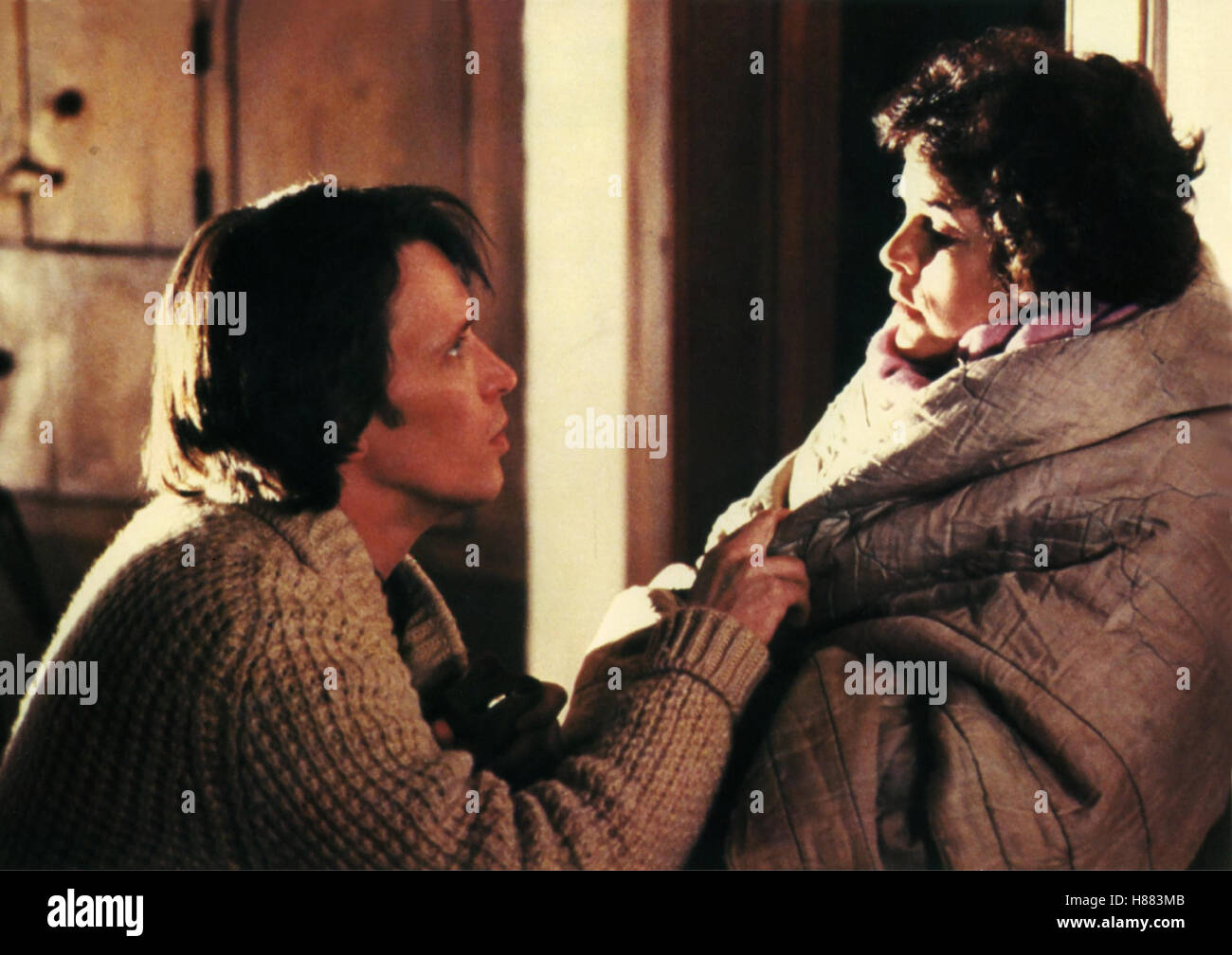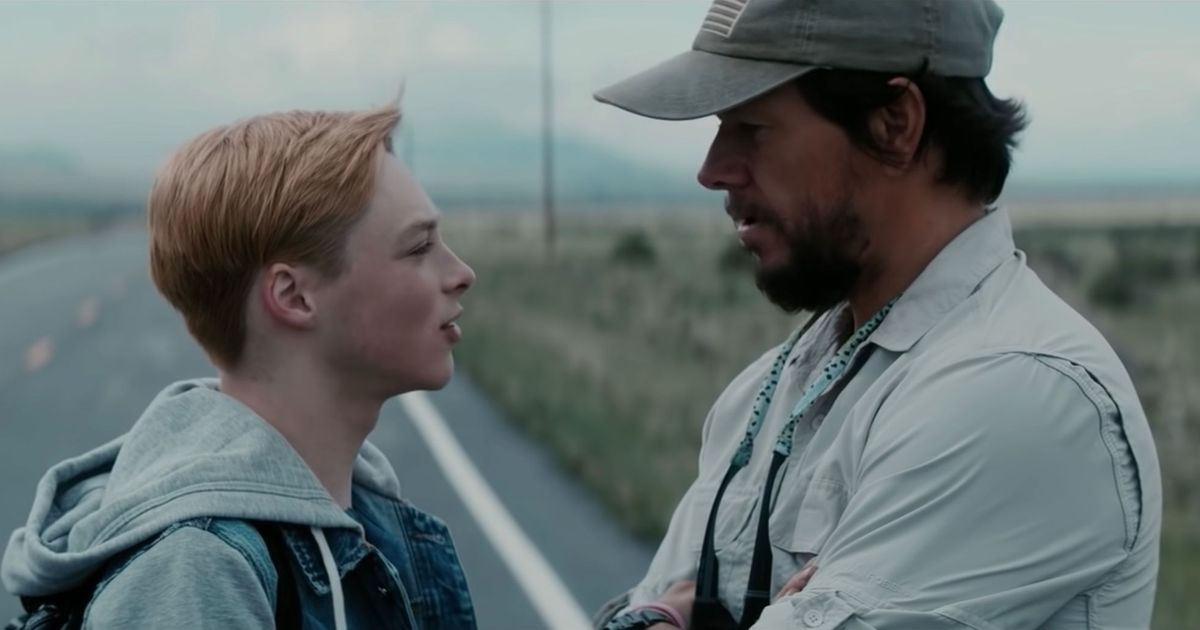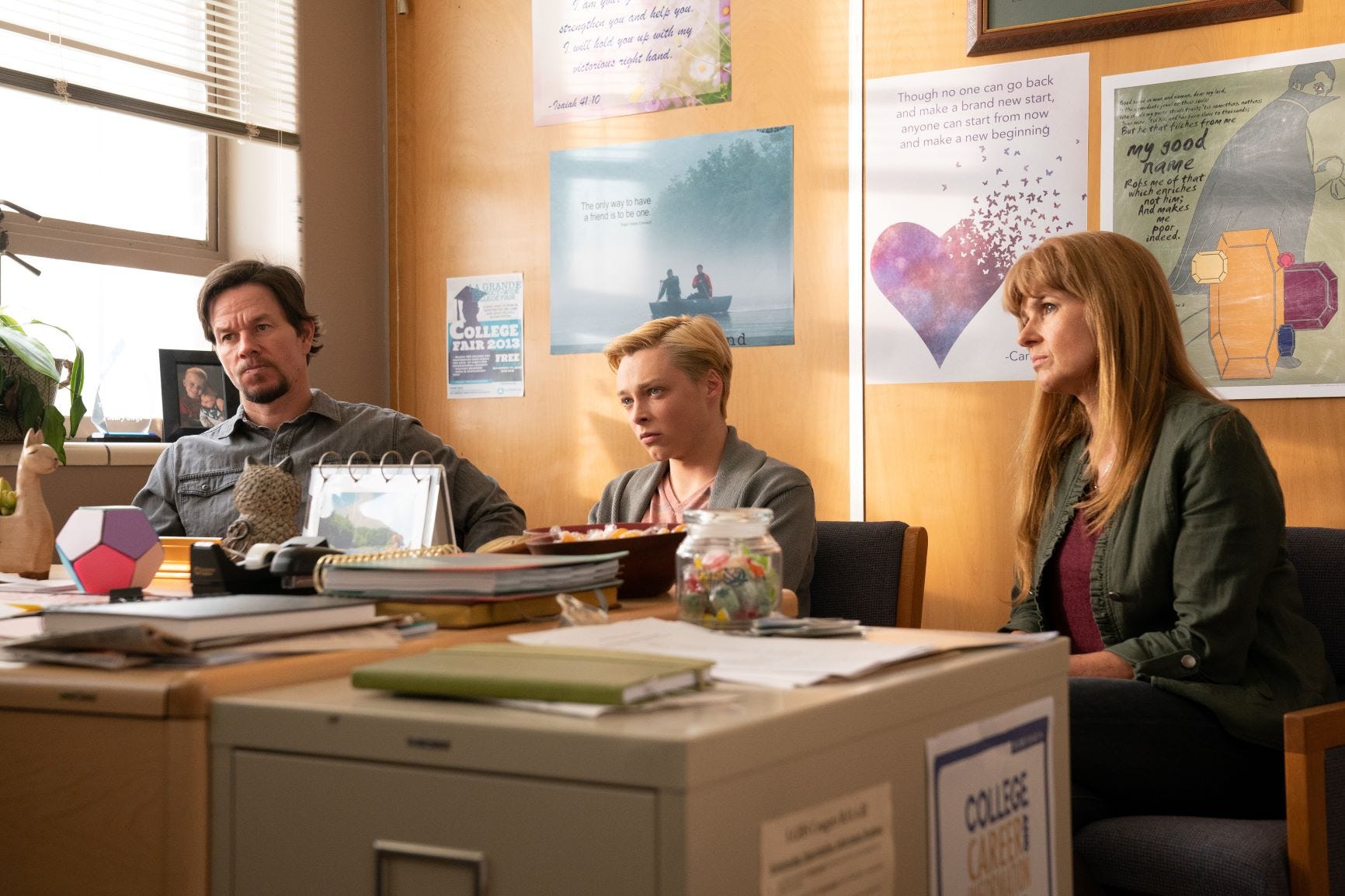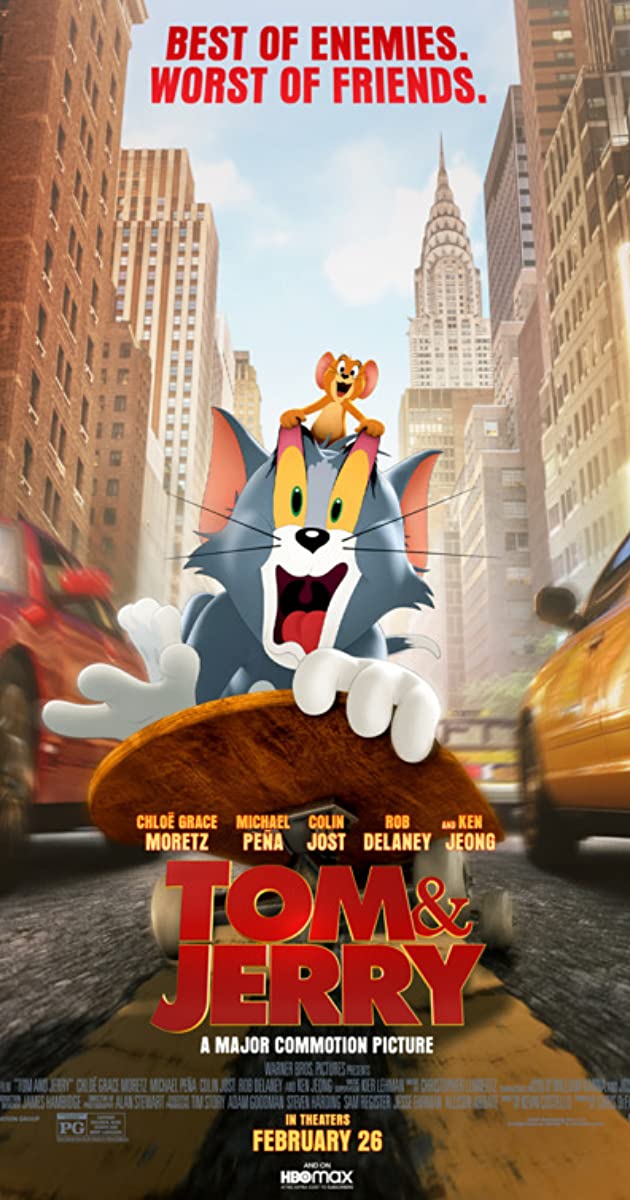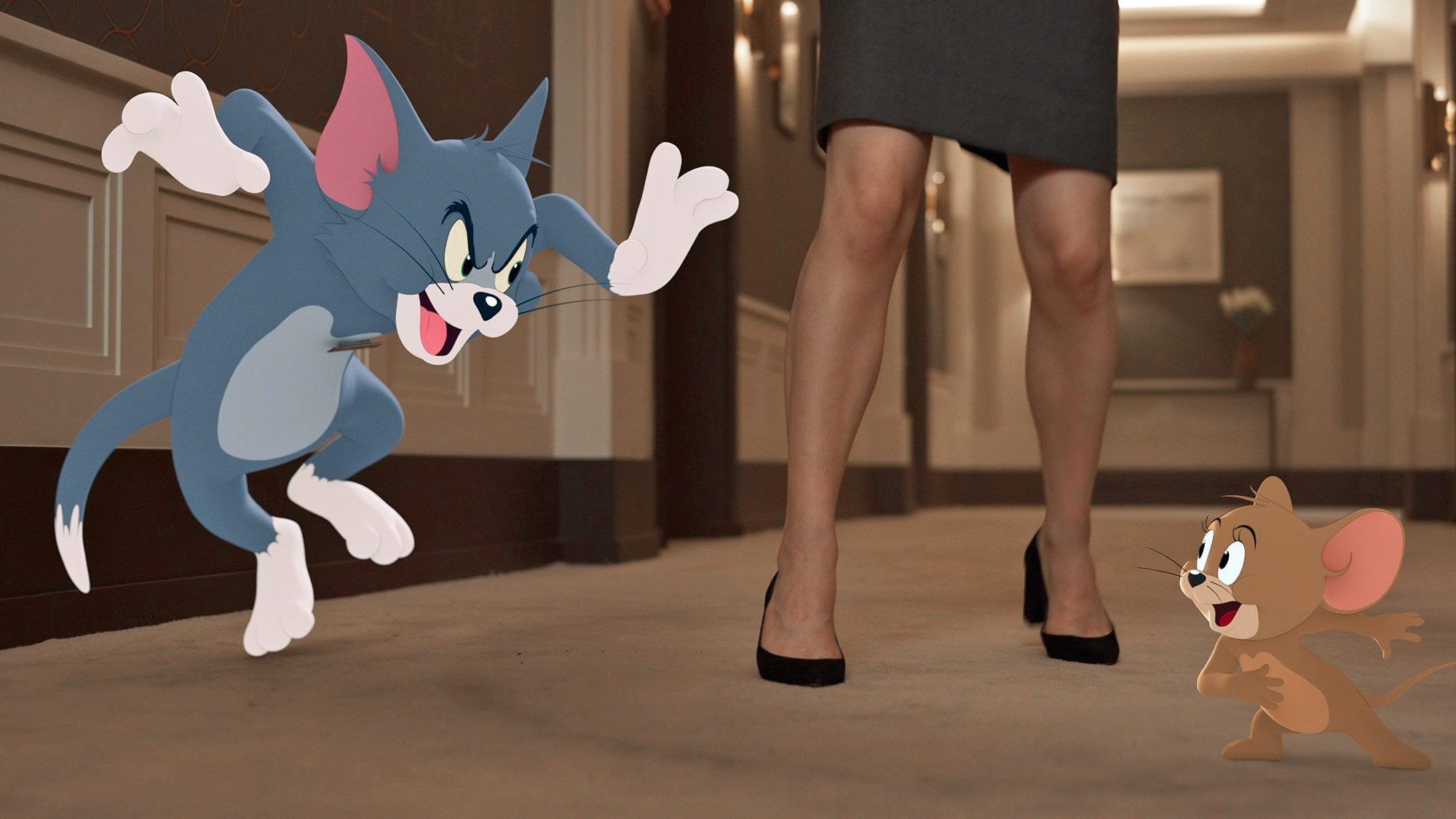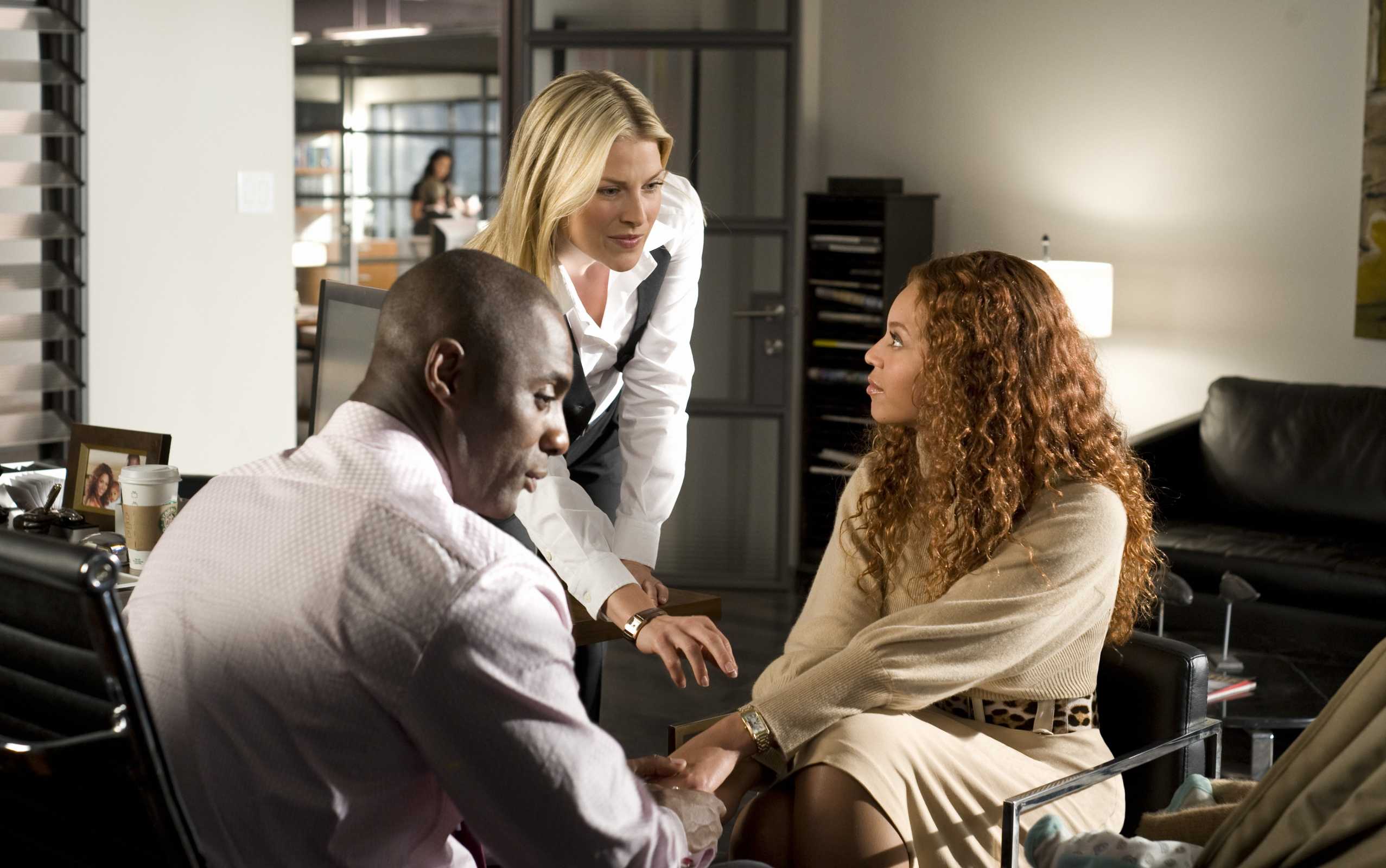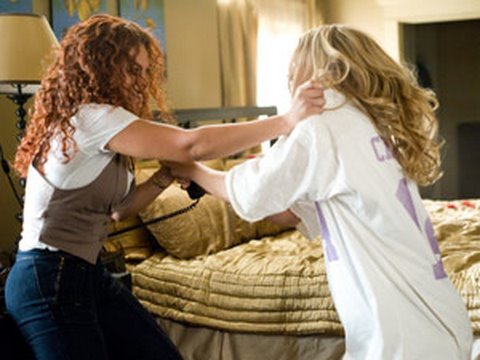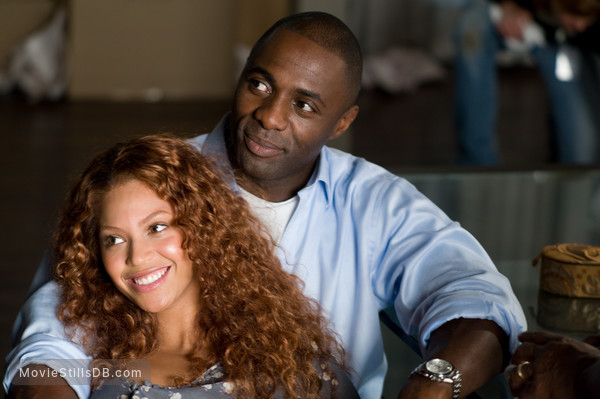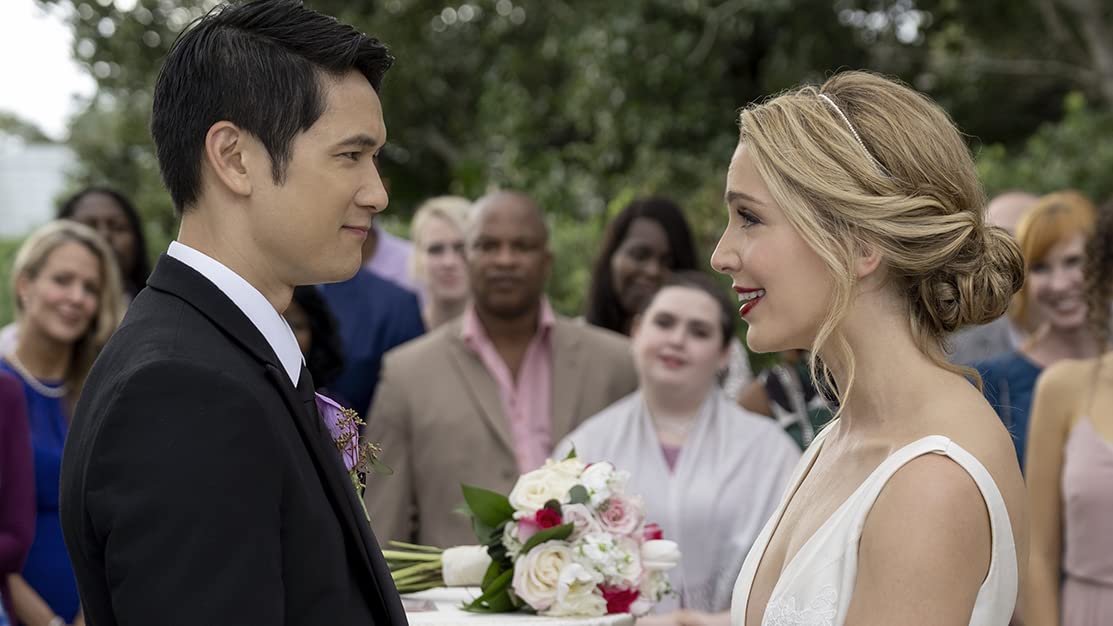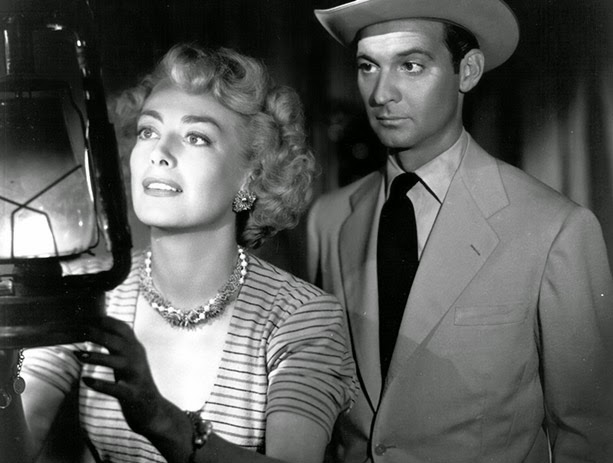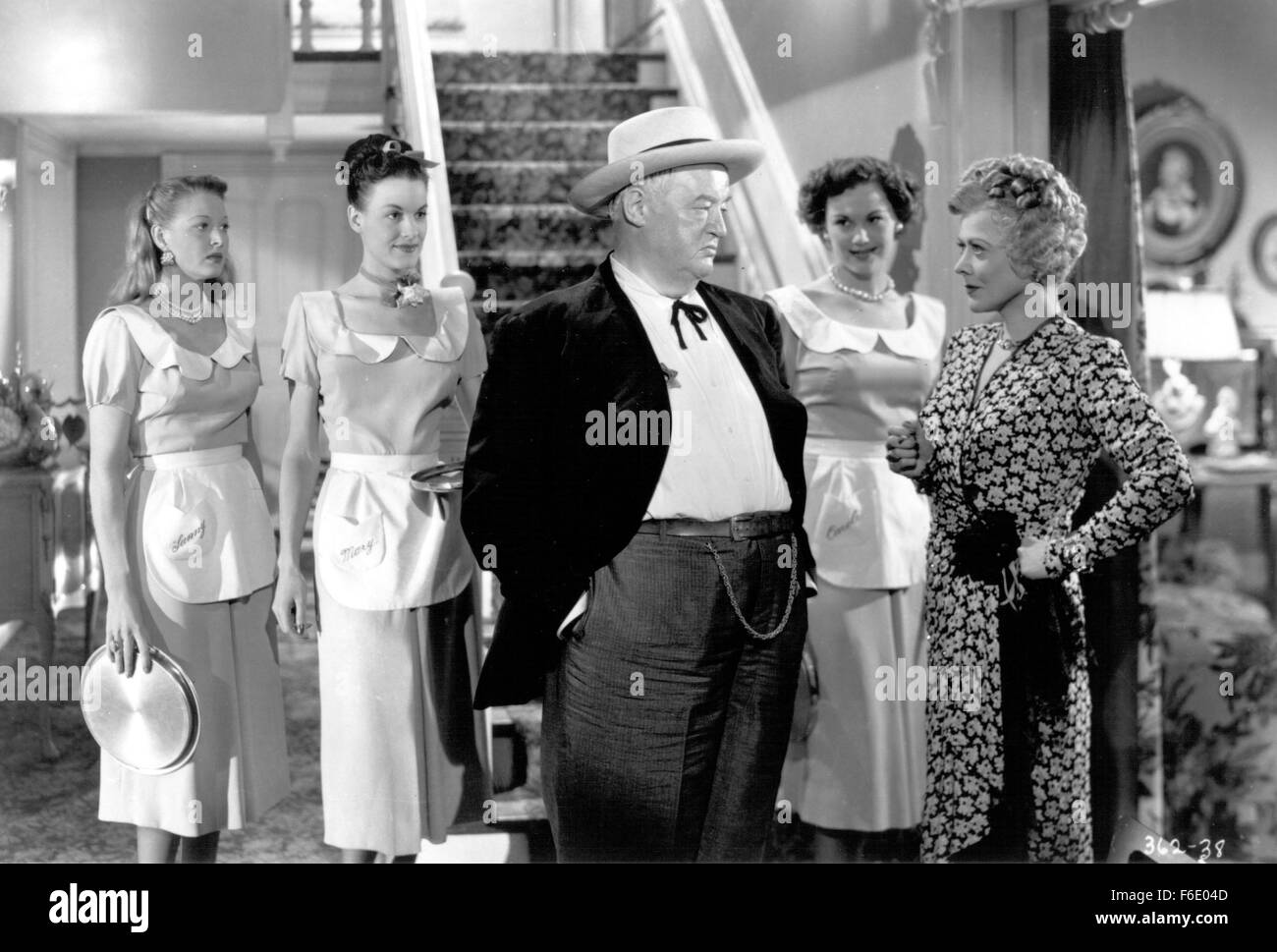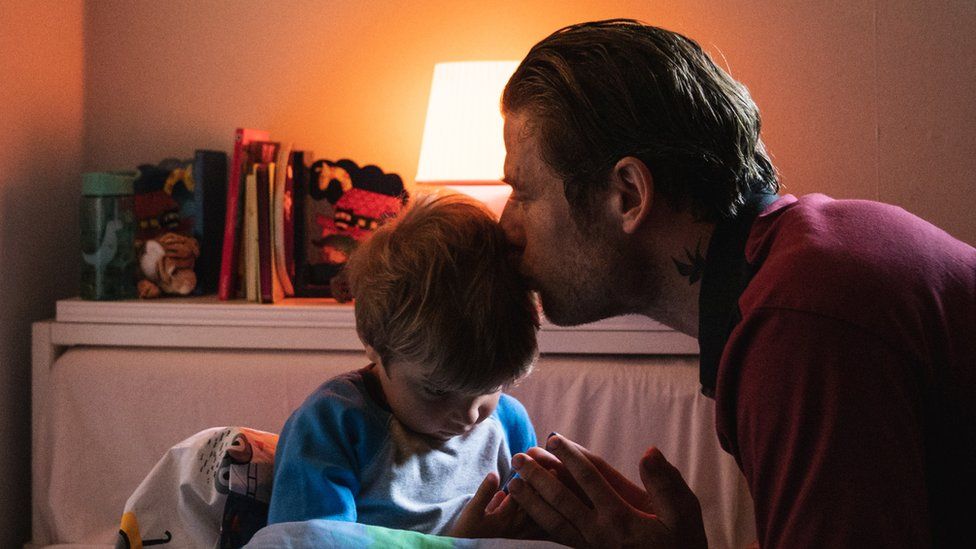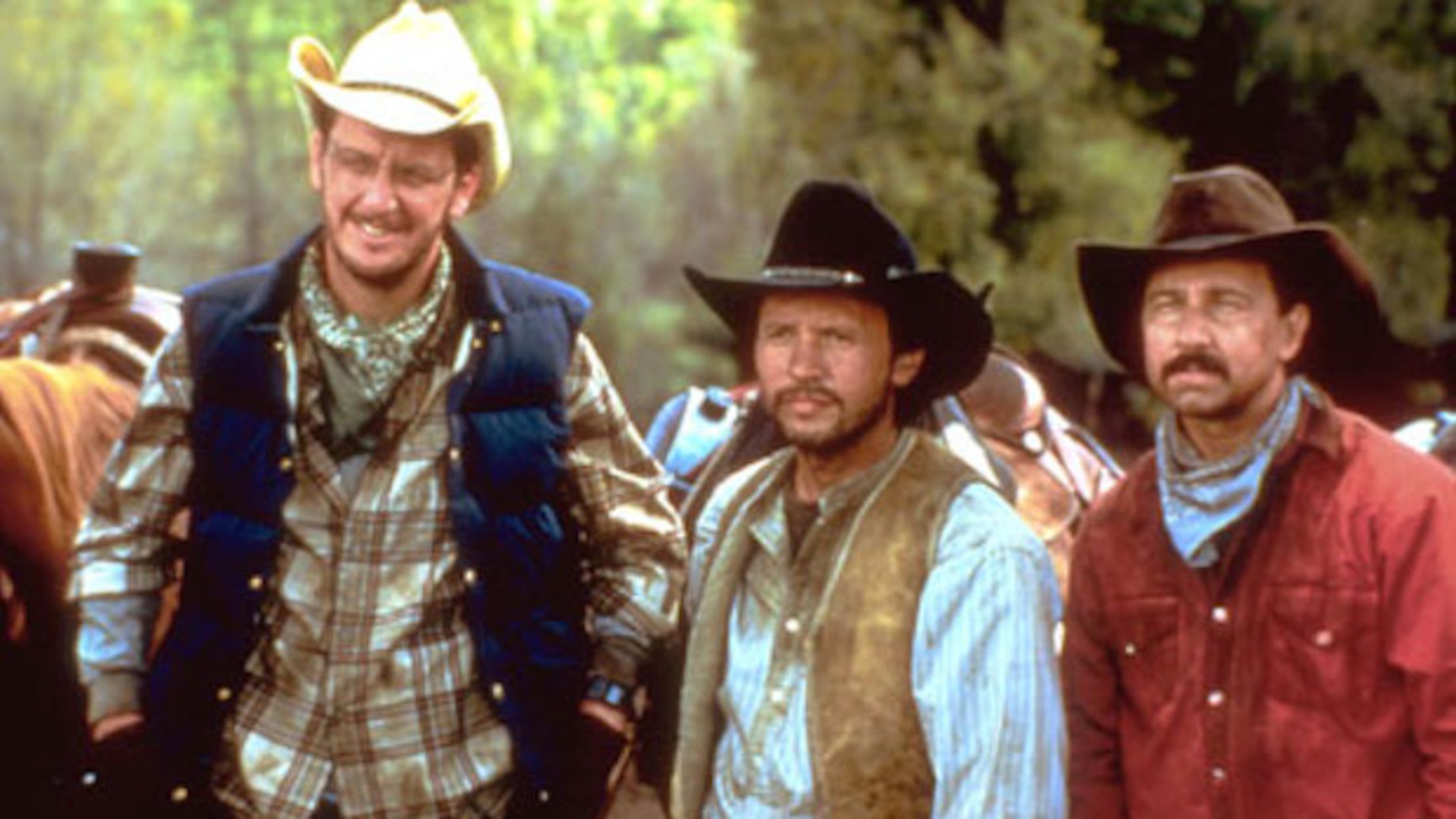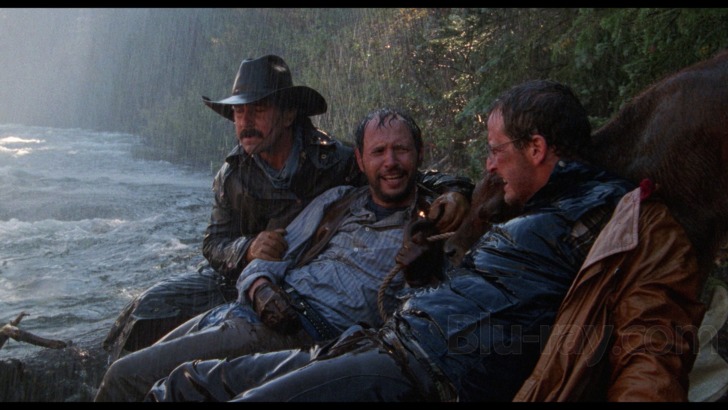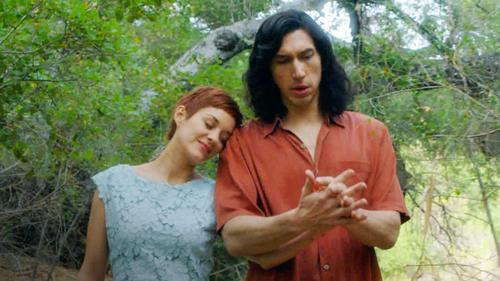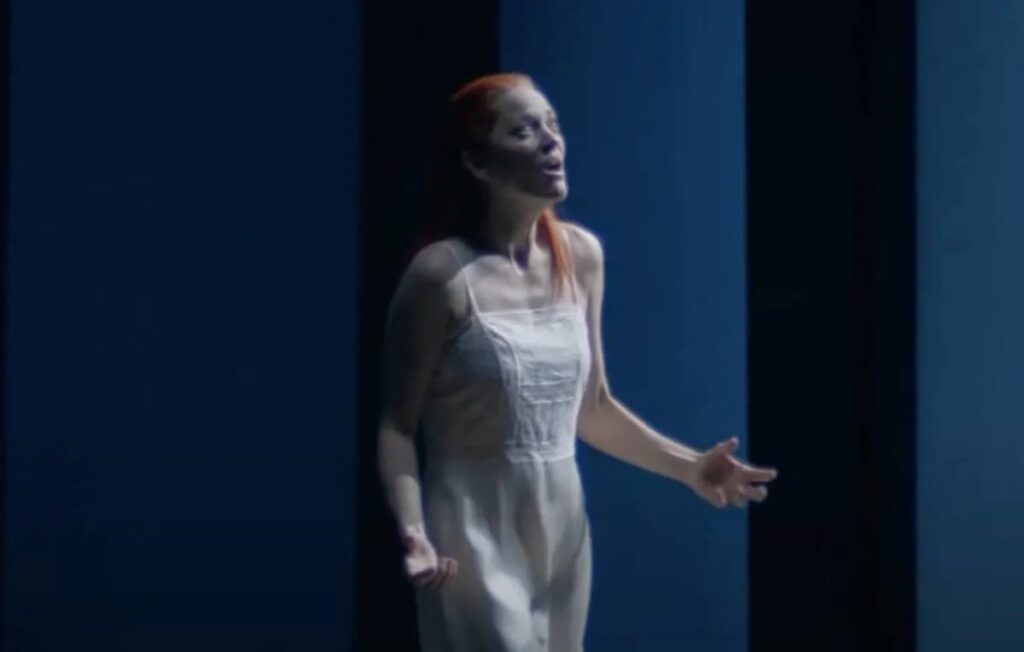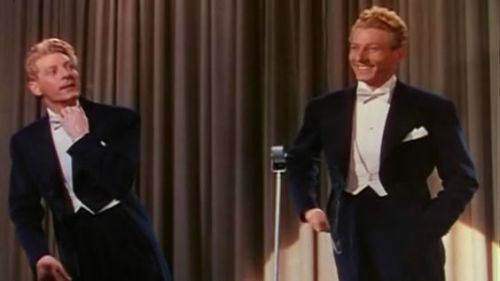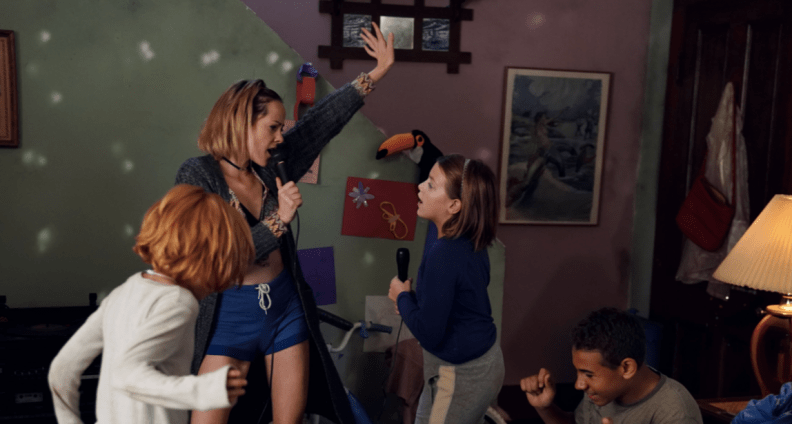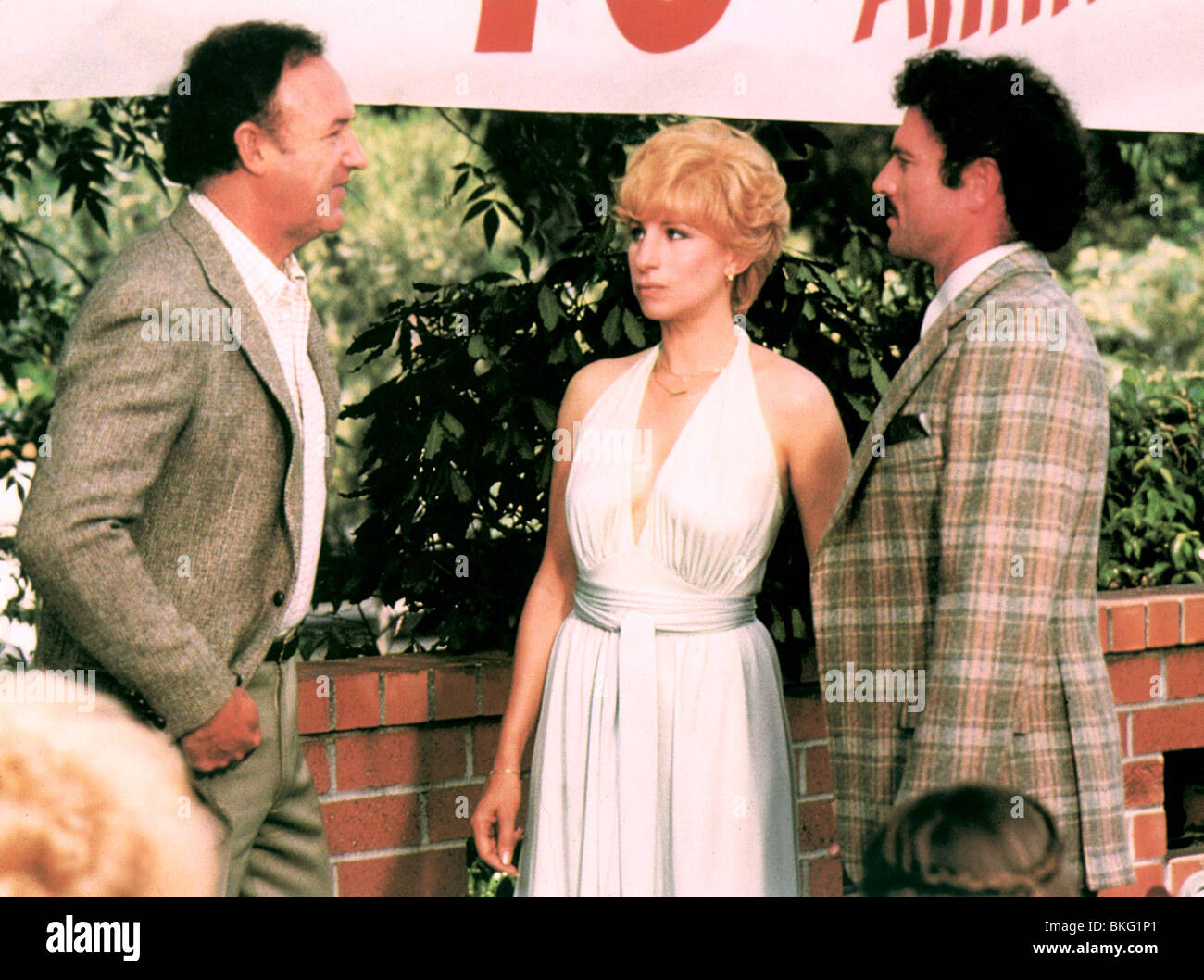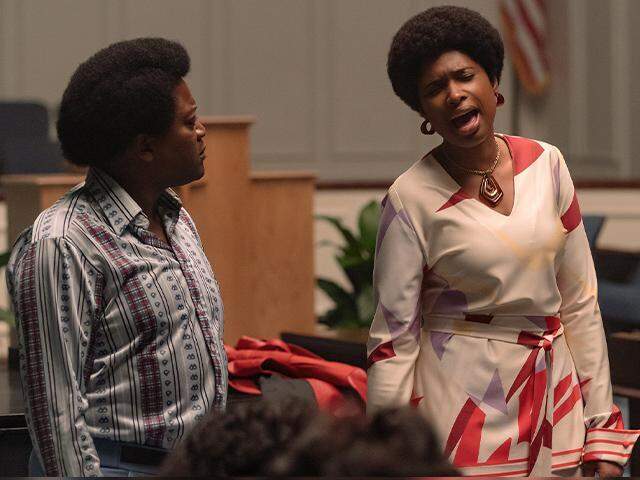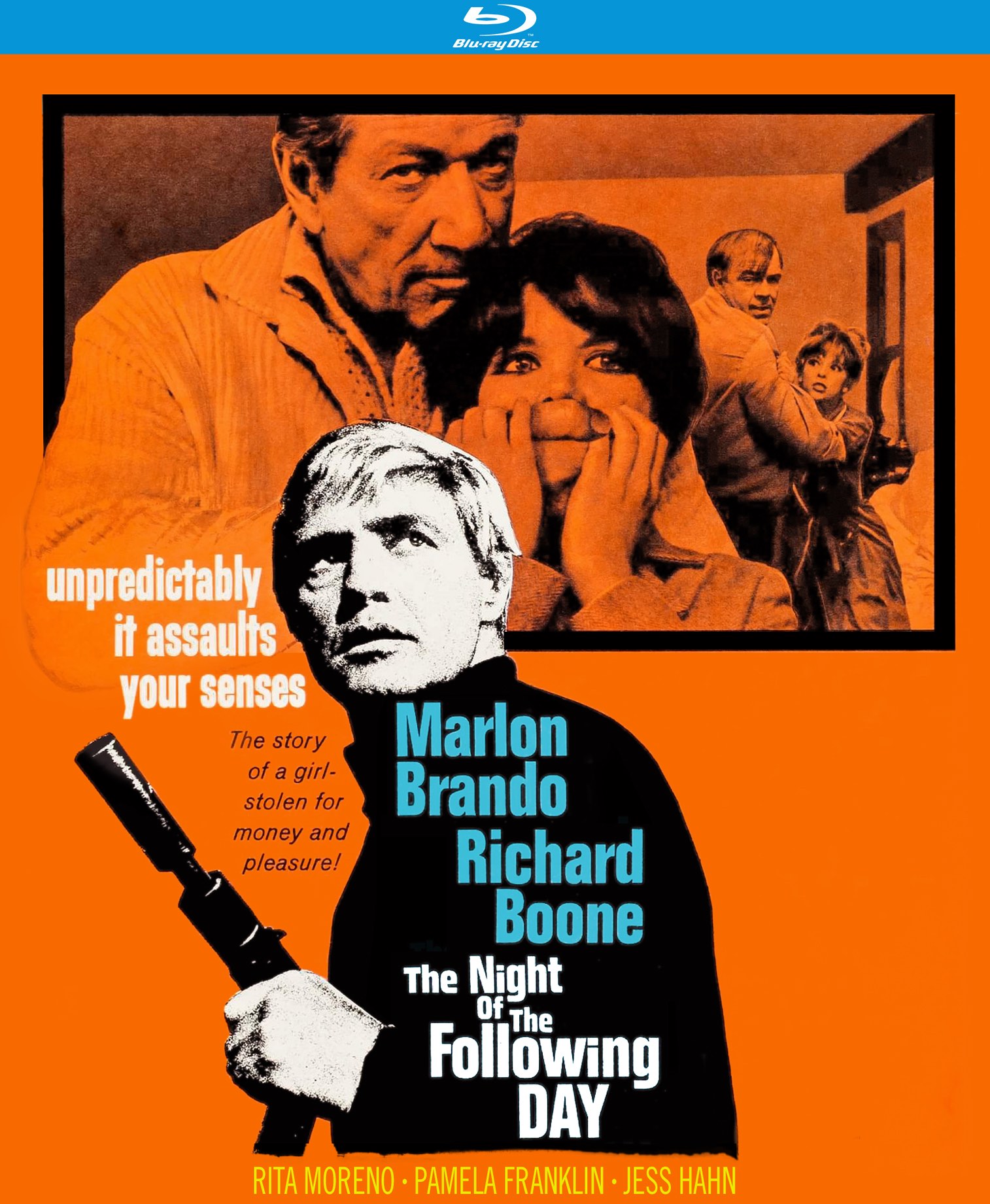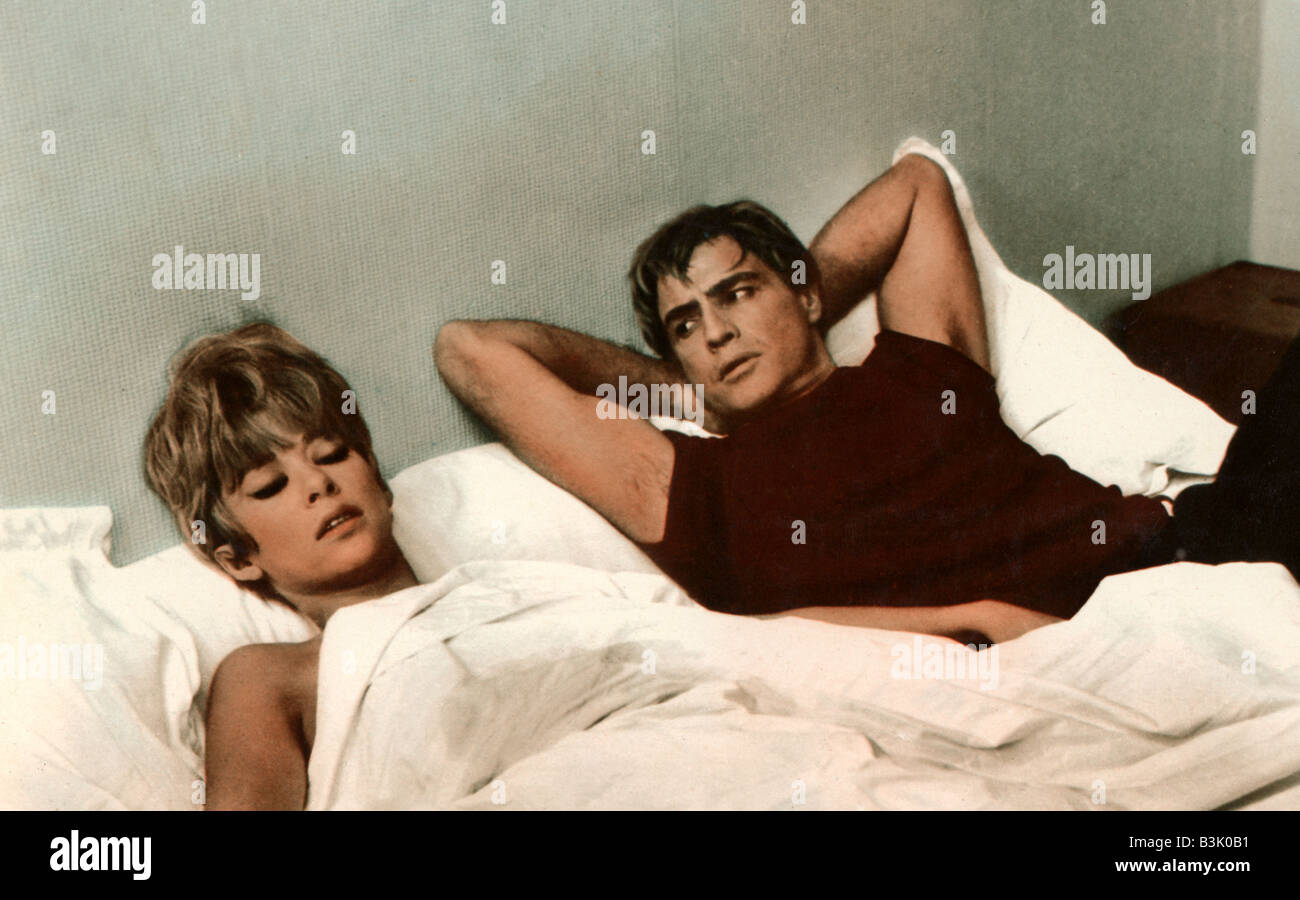The Chase (1966)
The crime drama and the melodrama are blended to remarkable effect in a minor classic from 1966 called The Chase that is a little longer than it needs to be, but remains completely watchable due to the professionalism in front of and behind the camera.

The film, based on a novel by Horton Foote, follows what happens when a convict named Bubber Reeves (Robert Redford), escapes from jail after serving 2 years of a 3 year sentence and the powerful reverberations that news of his escape has on his small southern hometown. Among those most seriously affected, are Bubber's wife, Anna (Jane Fonda), who since Bubber's arrest has been having an affair with Bubber's childhood BFF, Jake (James Fox), who is the son of the bank president and town's wealthiest citizen, Val Rogers (EG Marshall), who the townspeople think controls the actions of Sheriff Calder (Marlon Brando), who wants to bring Bubber in alive, even though he is believed to have committed a murder during the escape, which makes the rest of the town want him dead.

The film benefits from a rich screenplay by the legendary Lillian Hellman (The Little Foxes) that brilliantly lays out how an entire town is affected by one man's escape from prison while simultaneously providing backstory for Bubber. As each character in the story is revealed, we get a little more insight into who Bubber is and how he might not be the dangerous criminal he appears to be on the surface. An interesting layer is added to the story when the local teenagers start treating Bubber as some kind of folk hero, adding fuel to an already dangerous fire leading to an unapologetic finale that we don't see coming.

Director Arthur Penn, who would follow this film with his masterpiece Bonnie and Clyde takes the time to let the story unfold in front of us slowly enough for us to get acquainted with the dozens off characters that become part of this complex canvas. Penn oversees some solid camerawork here resulting in some gorgeous cinematic photographs. There's a shot of Bubba crossing a swamp with the sun setting in the background that is nothing short of breathtaking.

Penn also gets solid performances from his impressive all-star cast. The IMDB reveals that Brando didn't like the Calder character, but it doesn't make his performance any less compelling and Redford impresses in the physically demanding role of Bubber that frames the story. Fonda's role as his wife is thankless, but she makes the most of it (Fonda and Redford also appeared together the same year, in very different role, in Barefoot in the Park). There is some flashy supporting work provided by Janice Rule, Robert Duvall, Angie Dickinson, Miriam Hopkins, and if you don't blink you'll catch a glimpse of future Oscar and Grammy winning singer and composer Paul Williams as one of the troublesome teens. Fans of films like The Long Hot Summer will have a head start here.
The crime drama and the melodrama are blended to remarkable effect in a minor classic from 1966 called The Chase that is a little longer than it needs to be, but remains completely watchable due to the professionalism in front of and behind the camera.

The film, based on a novel by Horton Foote, follows what happens when a convict named Bubber Reeves (Robert Redford), escapes from jail after serving 2 years of a 3 year sentence and the powerful reverberations that news of his escape has on his small southern hometown. Among those most seriously affected, are Bubber's wife, Anna (Jane Fonda), who since Bubber's arrest has been having an affair with Bubber's childhood BFF, Jake (James Fox), who is the son of the bank president and town's wealthiest citizen, Val Rogers (EG Marshall), who the townspeople think controls the actions of Sheriff Calder (Marlon Brando), who wants to bring Bubber in alive, even though he is believed to have committed a murder during the escape, which makes the rest of the town want him dead.

The film benefits from a rich screenplay by the legendary Lillian Hellman (The Little Foxes) that brilliantly lays out how an entire town is affected by one man's escape from prison while simultaneously providing backstory for Bubber. As each character in the story is revealed, we get a little more insight into who Bubber is and how he might not be the dangerous criminal he appears to be on the surface. An interesting layer is added to the story when the local teenagers start treating Bubber as some kind of folk hero, adding fuel to an already dangerous fire leading to an unapologetic finale that we don't see coming.

Director Arthur Penn, who would follow this film with his masterpiece Bonnie and Clyde takes the time to let the story unfold in front of us slowly enough for us to get acquainted with the dozens off characters that become part of this complex canvas. Penn oversees some solid camerawork here resulting in some gorgeous cinematic photographs. There's a shot of Bubba crossing a swamp with the sun setting in the background that is nothing short of breathtaking.

Penn also gets solid performances from his impressive all-star cast. The IMDB reveals that Brando didn't like the Calder character, but it doesn't make his performance any less compelling and Redford impresses in the physically demanding role of Bubber that frames the story. Fonda's role as his wife is thankless, but she makes the most of it (Fonda and Redford also appeared together the same year, in very different role, in Barefoot in the Park). There is some flashy supporting work provided by Janice Rule, Robert Duvall, Angie Dickinson, Miriam Hopkins, and if you don't blink you'll catch a glimpse of future Oscar and Grammy winning singer and composer Paul Williams as one of the troublesome teens. Fans of films like The Long Hot Summer will have a head start here.
Last edited by Gideon58; 08-03-21 at 02:41 PM.


